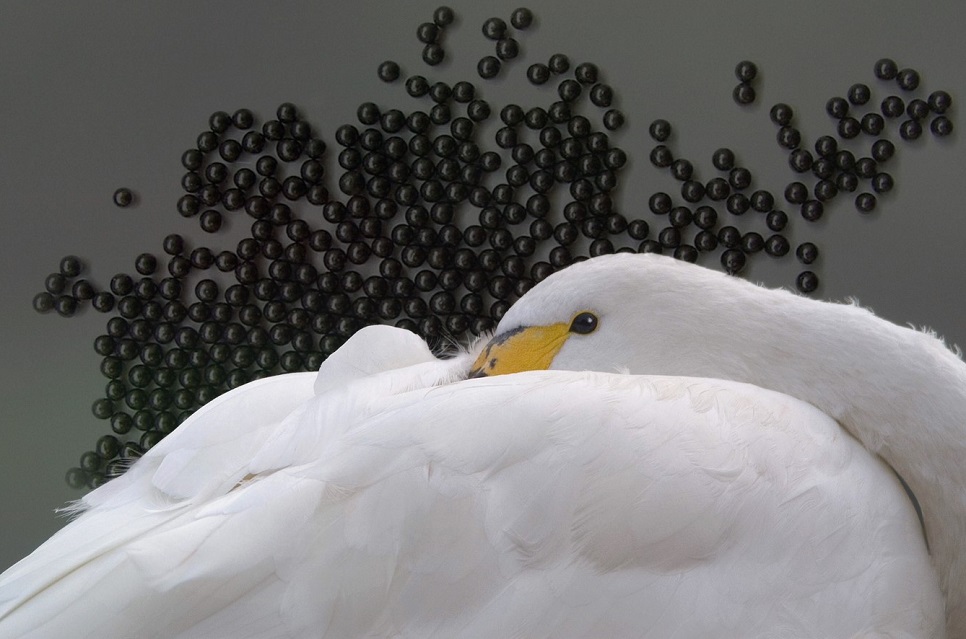Plan for water lacks bottle
The Government’s water White Paper, Water for Life, is published today. The measures outlined could reduce water use and better safeguard wetlands and this can only be welcomed. But action is delayed, and concerns about urban flooding and over-abstraction are fudged.
The paper does, however, suggest that more will be done to reduce diffuse pollution – damage to fresh and coastal water from farmland chemicals washed from fields, toxic spills from industry and polluting run-off from towns and cities.
And it at least acknowledges the benefits of drainage systems that use small reedbeds and other highly effective wetland features to better manage and clean water.
WWT owns and manages many such drainage systems and is pleased to see a focus on them in the White Paper. We would urge a much wider uptake of such systems because of all the benefits they provide to society.
The Government doesn’t go far enough, though, to encourage developers or business to incorporate these cost-effective sustainable drainage systems (SuDS) into building plans.
“Standards for their installation have still not been published while the concept of retrofitting around existing urban areas is all but ignored,” Carrie Hume, WWT’s Head of Conservation Policy says.
This form of drainage can significantly reduce urban flooding. “Unless we harness the power of nature to help prevent flooding we are in for a seriously tough time with major flooding events like those of 2007 in Gloucestershire, which cost £3.4 billion, highly likely to happen again.”
The White Paper has been anticipated for some months and was expected to tackle the excessive amounts of water being taken from rivers and other wetlands.
This over-abstraction is already damaging wildlife habitats by reducing water levels. It can also impair drinking water supplies.
Over-abstraction occurs partly because so much water is wasted domestically and commercially so more must be taken from wetlands and underground aquifers. The installation of water meters does lead to reduced water consumption but the White Paper offers little in the way of incentives for further meter installation.
WWT is urging ministers to further recognise the serious problems that over-abstraction can cause and act faster to tackle it. “The lack of clarity about how the existing damaging licences will be tackled means that wildlife suffering from low water levels today faces an uncertain future,” Carrie Hume says.
“If we fail to tackle over-abstraction from rivers and elsewhere, it’ll be crisis management for our children because we didn’t have the bottle to tackle the problem when we had the chance.”

